Yahya Sarkhani, a civil and environmental activist from the western Iranian city of Mahabad, endured four years of torture and incarceration in the country’s dungeons.
During his incarceration, between 2012 and 2016, the condition of his already injured eye deteriorated and he had it enucleated in prison.
While he was participating in nationwide protests last year, Yahya was shot with a shotgun and a pellet lodged inside his prosthetic eye.
Despite his years of imprisonment in inhumane conditions, which included brutal interrogation sessions, Yahya joined the Woman, Life, Freedom uprising.
As a coordinator of the Mahabad protest committee, he took to the streets to voice his dissent against the Islamic Republic system.
With his body riddled with pellets and under constant threat of rearrest hanging over his head, Yahya's situation in his homeland became increasingly untenable.
That’s why he left for Iraqi Kurdistan earlier this year and from there for Türkiye, where the indomitable activist remains in a precarious position – lacking a safe haven.
I have been in contact with Yahya for some time now. No human rights organization has been able to improve the unsafe conditions he is currently in during the harsh winter.
His family in Iran and some human rights groups are still trying to provide him with medication: his eye is in pain and appears to be infected.
Before his first arrest in 2012, Yahya informed international human rights organizations about the harsh prison conditions and the repression of dissent in Iran.
He was sentenced to four years in prison after 58 days of solitary confinement and torture.
"Judge Javadikia sentenced me to seven years in prison for gathering and collusion, disturbing the public mind, and propaganda against the system," he says. "I spent four years in Mahabad Central Prison."
Yahya's eye was injured in a workplace accident, and doctors advised him to follow certain precautions to minimize further damage.
Right after his arrest, he informed the authorities of his eye condition, providing medical documentation.
Yahya was summoned for interrogation two weeks later: "My interrogator's nickname was Hamidi, a tall and imposing man. During the interrogation, he pushed my head down and used abusive language. After the interrogation they put me into solitary confinement and shouted, 'You didn't confess and we know what to do with you.'
"I don't know how to describe it, but for a moment I felt a burning sensation on the left side of my face. He punched me in the face. I thought it was nothing. I was kept in solitary confinement for 45 days without medical attention or medication during the interrogation period.
"In the last 15 days, I requested to see a doctor, but they rejected my request. I went on a hunger strike for eight days. When I was transferred to the central prison, I went to the prison clinic, but they said there was nothing they could do [about my eye].”
Yahya filed a request for a medical examination at the prosecutor's office and Branch 1 of the Revolutionary Court. After a year and a half, they finally granted him a 10-day leave to have his eye drained. He had not fully recovered from the surgery when he went back to jail.
Years after having his eye enucleated, Yahya now says that the interrogator beat him despite knowing that his eye was damaged.
As a result, he became completely blind in one eye.
"The Woman, Life, Freedom protests marked a new beginning," Yahya says.
Following his release from prison in 2016, he remained in contact with human rights groups in various cities. After the death in custody of Mahsa Amini on September 16, 2022, the decision was made to initiate protests in Mahabad.
However, the streets were teeming with security forces.
The rally was set for 4:00 p.m. Protesters began to gather gradually. According to Yahua, the majority of participants were women.
Around 6:00 p.m. the demonstrators received news that Urmia's special guard forces were heading to Mahabad. And at 9:30 p.m., the special guard forces opened fire on the protesters.
"I witnessed with my own eyes that the shots were aimed from the waist up. As I was about to pass in front of the burning barrel, I felt something striking me. My shoes were filled with blood. Someone urged me to leave," Yahya recounts.
As the protests persisted, Semko Molodi was shot and killed by security forces on October 26.
The following day, mourners gathered at Mahabad’s cemetery and four other people – Shahu Khezri, Fereshteh Ahmadi, Masoud Ahmadzadeh and Kobra Sheikhi – were also slain.
"The entire street was blocked. Many forces were surrounding us. The sound of gunfire intensified. They fired once, and my friend said his eye was hit. He fled," Yahya recounts. "When I returned, I was shot at the same place too. A pellet struck my eye and the others lodged in my neck and shoulders."
Yahya’s eye prosthesis was damaged.
He says that he avoided returning to his house until the day he left Iran on July 1: "My interrogator, Khalilzadeh, recognized me twice on the street and grabbed my arm, saying 'you are due for arrest.' They called incessantly, they visited our home twice, and they seized my camera, laptop and passport. They also confiscated items from my workplace. I had to flee Iran."
Yahya has been an asylum-seeker for these months and has yet to find a safe haven in Türkiye.
"Under confinement and harsh prison conditions, I never considered leaving Iran. I could have departed freely with a passport, but the thought never crossed my mind. When I was in Iran, I had something to say. When I marched through the streets of Mahabad, I had something to proclaim.
"When I saw Fayq Mamqaderi riddled with bullets, fearing to seek medical attention and fearing to lose his life, or Shamal Kheziripur dying due to delayed medical intervention, or Massoud Ahmadzadeh meeting a similar fate, I realized that a majority of those who lost their lives during the women's uprising in Iran refrained from seeking medical assistance out of fear of persecution.
"At that time, I was working in Iran and had become a voice for international organizations."
Yahya concludes by declaring that he continues advocating human rights for all those who have been wronged.
"A 20-year-old girl was raped for daring to walk the streets. Depression has taken hold of her life. I’m closely following this case and aspire to return home very soon."
visit the accountability section
In this section of Iran Wire, you can contact the officials and launch your campaign for various problems






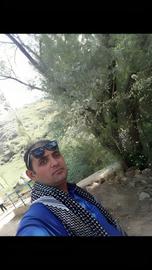
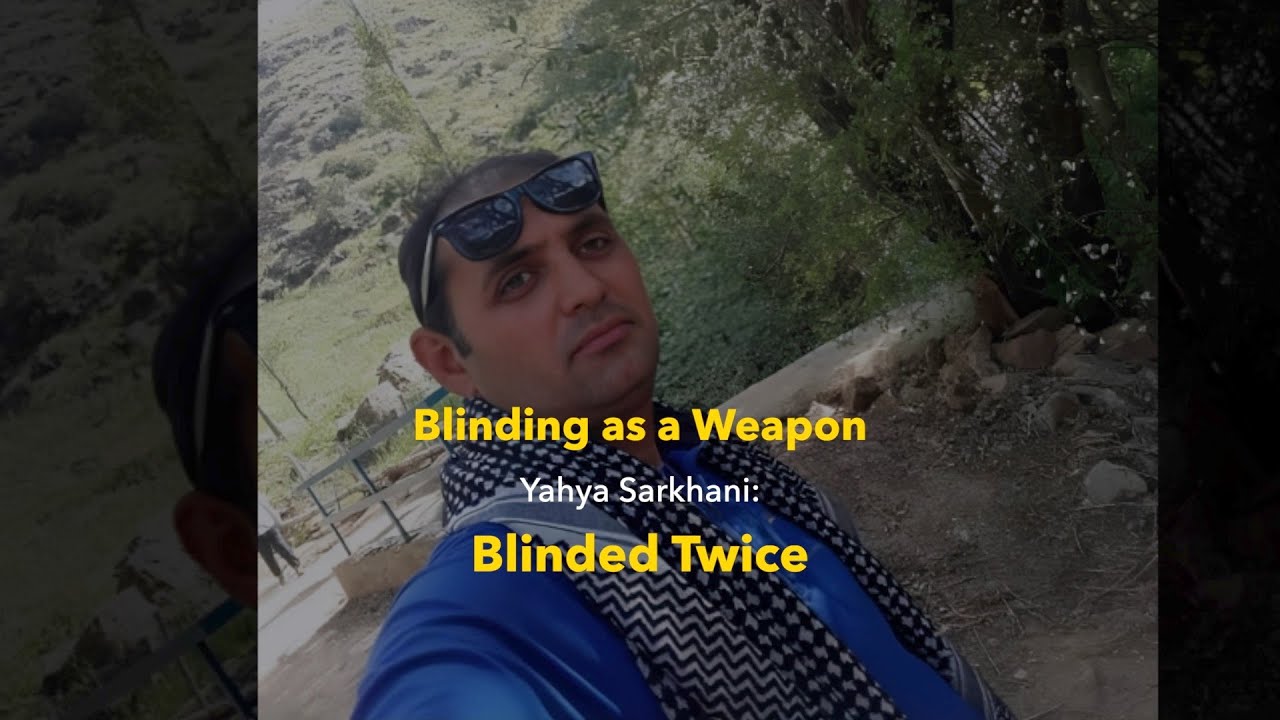




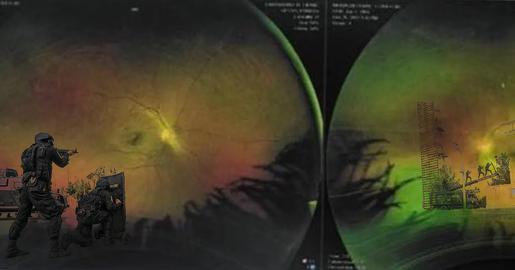
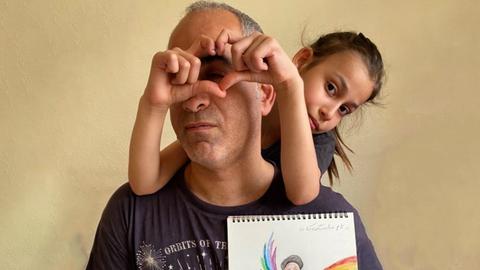
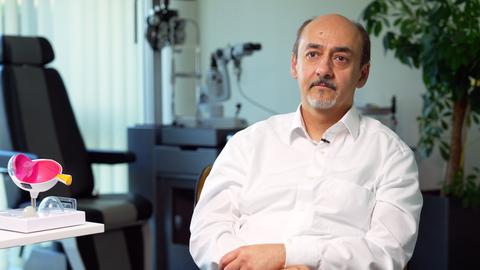



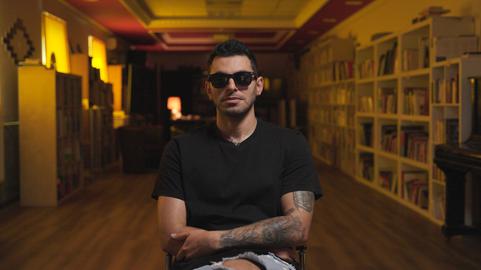



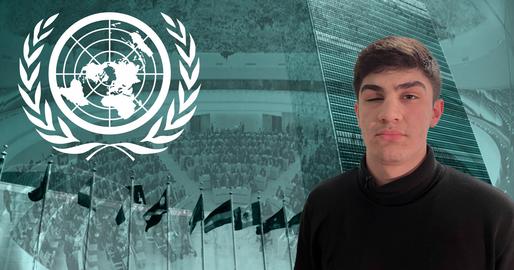



comments